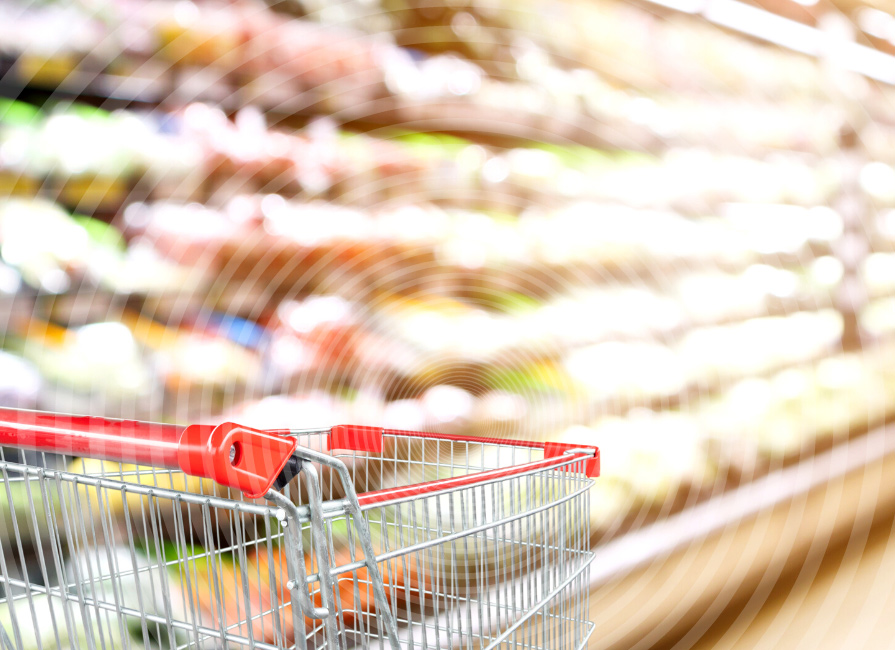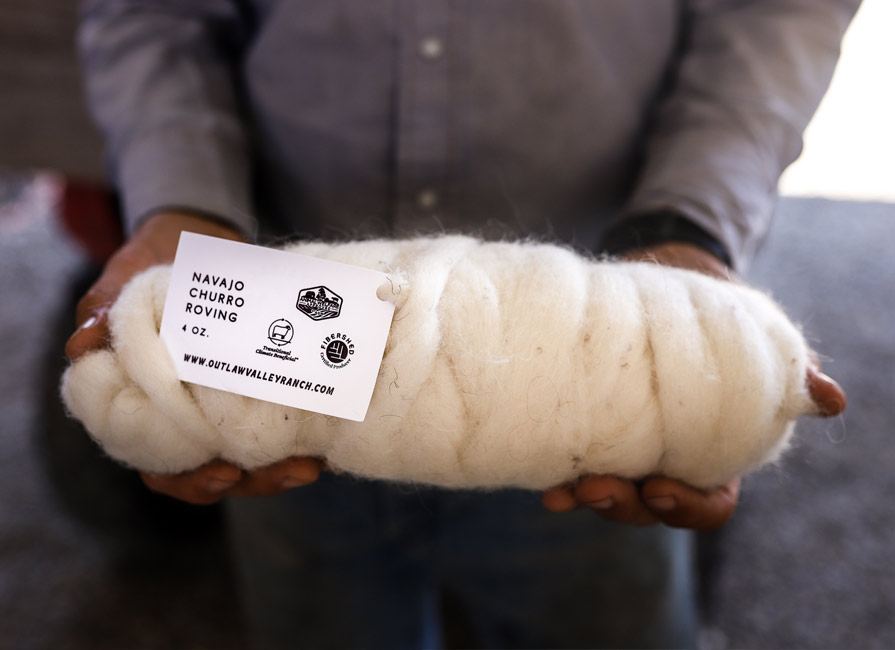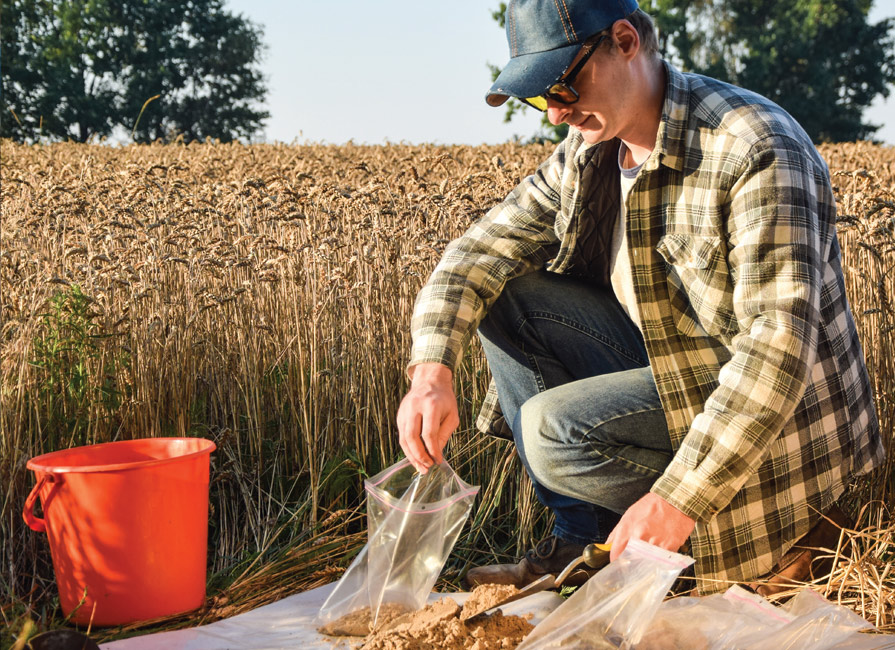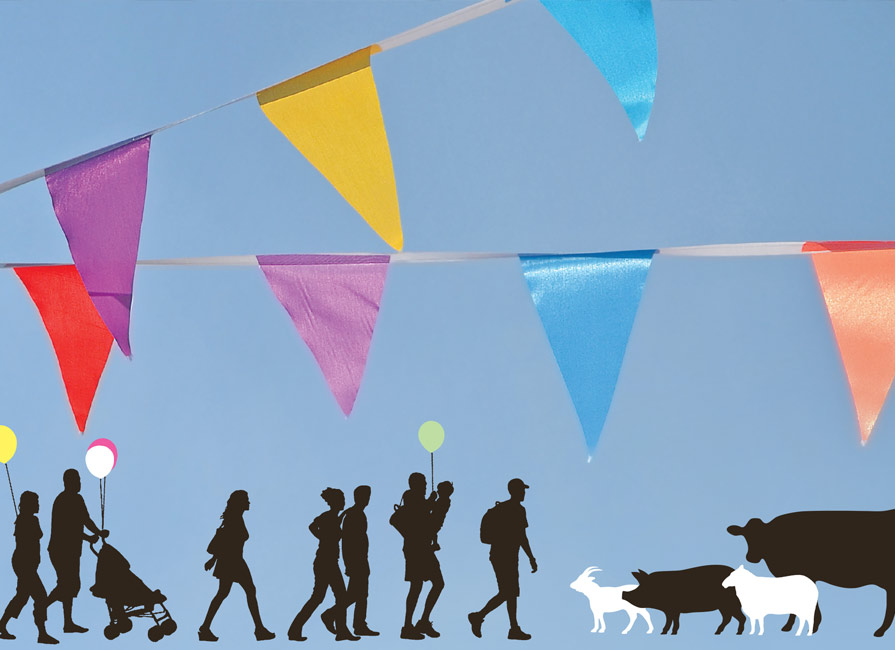Market research shows that today’s consumers are increasingly interested in knowing where their food comes…

Trust is Easy to Lose and Hard to Gain. So Are Farmers.
The grocery industry is once again facing a food labeling scandal that could send shockwaves around the globe.
An established UK retailer, known for sourcing only “the best British beef,” is embroiled in a criminal investigation for alleged fraud, following accusations they have been selling “large volumes” of pre-packed meat and deli products originally sourced from South America and Europe.
Exactly 10 years on from the infamous “horsegate” scandal, where horsemeat was fraudulently included in processed beef products, leading retailers and beef producers are justifiably concerned about the impact this latest scandal could have on public trust in the food supply.
Canaries in the Coal Mine
When it comes to food label claims, the unfortunate truth is that this is not an isolated incident. Anecdotally, we are hearing troubling reports of numerous independent, sustainable farmers being quietly dropped in favor of cheaper conventional products that appear to be ‘green’. Only last month, a well-known U.S. pork producer reported being dropped by a longtime customer, only to find the retailer in question had replaced his high-welfare, pasture-raised pork with conventional confinement pork masquerading as sustainable. But guess what didn’t change? The shelf price.
While it’s tempting to blame this on pandemic-related supply chain issues or inflationary pressures, the reality is the practice of “greenwashing” began well before COVID-19 (which ironically boosted sales for many of our producers when their shorter, more reliable supply chains enabled them to meet the needs of consumers facing empty store shelves). And unfortunately, it seems to be getting worse.
Follow the Money
Many will point the finger at inflation and rising input costs. Yes, fertilizer, energy, seeds and supplies, livestock feed, wages… everything is more expensive across the supply chain. And consumers are facing significantly increased food prices as a result.
But too many retailers are raising (and maintaining) prices just because they can, or because it benefits their share price—without passing any surpluses gained back to their farm suppliers. We are aware of instances where retailers have significantly increased their shelf prices despite paying longtime suppliers less—or simply dropping established suppliers in favor of cheaper, inferior product. This profit inflation has resulted in historic gains for some retailers and their shareholders, while farmers and consumers pick up the bill.
An Immeasurable Cost
We are not saying that profit is inherently wrong. But a business strategy of prioritizing short-term profits and putting shareholder interest ahead of independent farmer suppliers and loyal customers is never going to end well.
From a purely marketing perspective, the opportunity cost of dropping sustainable suppliers is clear and quantifiable. A Morning Consult poll found that 69% of respondents were “Somewhat likely” or “Very likely” to consider purchasing or using products or services from food and beverage companies that prioritized sustainability. Similarly, a North American Meat Institute survey found that about a third of consumers who eat meat are looking for environmental claims on labels, and that humane practices like access to the outdoors (required by A Greener World’s Animal Welfare Approved standards) ranked highest.
According to McKinsey, the appeal of environmentally and socially responsible products is making genuine headway with broad swaths of America. They found that brands with more sales from products making environmental, social, and governance-related claims enjoy greater loyalty, concluding: “Consumers care about sustainability and back it up with their wallets.” And in a tragically ironic twist, retailers are drastically underestimating just how much consumers care, leaving unmet demand while they drop the very suppliers who could help them meet it.
Your Move, Retailers
Time and again, market research reveals that shoppers are more interested than ever in how their food is produced—and how their food choices can have a positive impact on animal welfare, the environment and independent farmers. In our modern, social media-driven world, woe betide any retailer who is subsequently exposed for misleading customers into paying more for a ‘green’ product that fails to meet their expectations. Consumers are very willing to abandon brands—and even major retail outlets—when they learn they have been deceived, especially following targeted media campaigns.
If you are a retailer that recently dropped a certified sustainable supplier for a conventional one, ask yourself this: How will you respond when your customers find out they are not getting what they paid for? What is your plan when the farmer shares their story? What do you tell shareholders when your stock price drops in the backlash? And how will you regain the trust of your customers and suppliers—and your market share?
The Ultimate Price of Greenwashing
The UK retailer selling imported beef as local (whether knowingly or unknowingly) has already been forced to remove product from their shelves, but the costs will not end there, whether it’s stock value, public relations damage control, or legal fees and other penalties.
But this kind of betrayal can have even greater and more far-reaching costs. We may not get these farmers back. Some will leave established retailers for alternative markets—possibly taking customers with them. Others will exit farming completely, resulting in an incalculable loss of wisdom and hard-earned, practical expertise.
Greenwashing also directly undermines stewardship. If significant numbers of consumers lose confidence in sustainability claims altogether, it removes a critical market-based tool to incentivize the transition to sustainable, resilient farming systems on an increasingly strained planet—right when we need it most.
Of course, not all retailers are to blame. The “greenwashed substitution” we’re talking about is not happening at all grocers. Nevertheless, it is clear the practice of quietly switching sustainable products with a cheaper conventional alternative is increasing and, if left unchecked, could be hugely damaging for all stakeholders—and ultimately for the planet itself.



